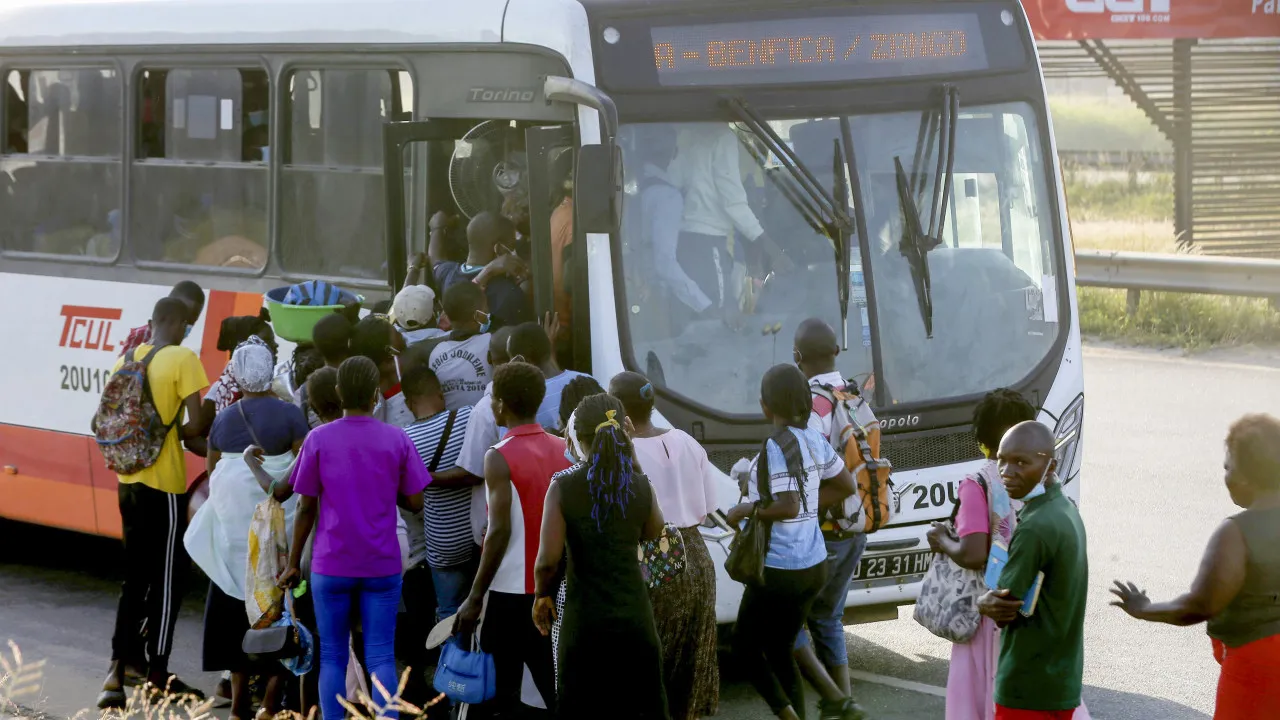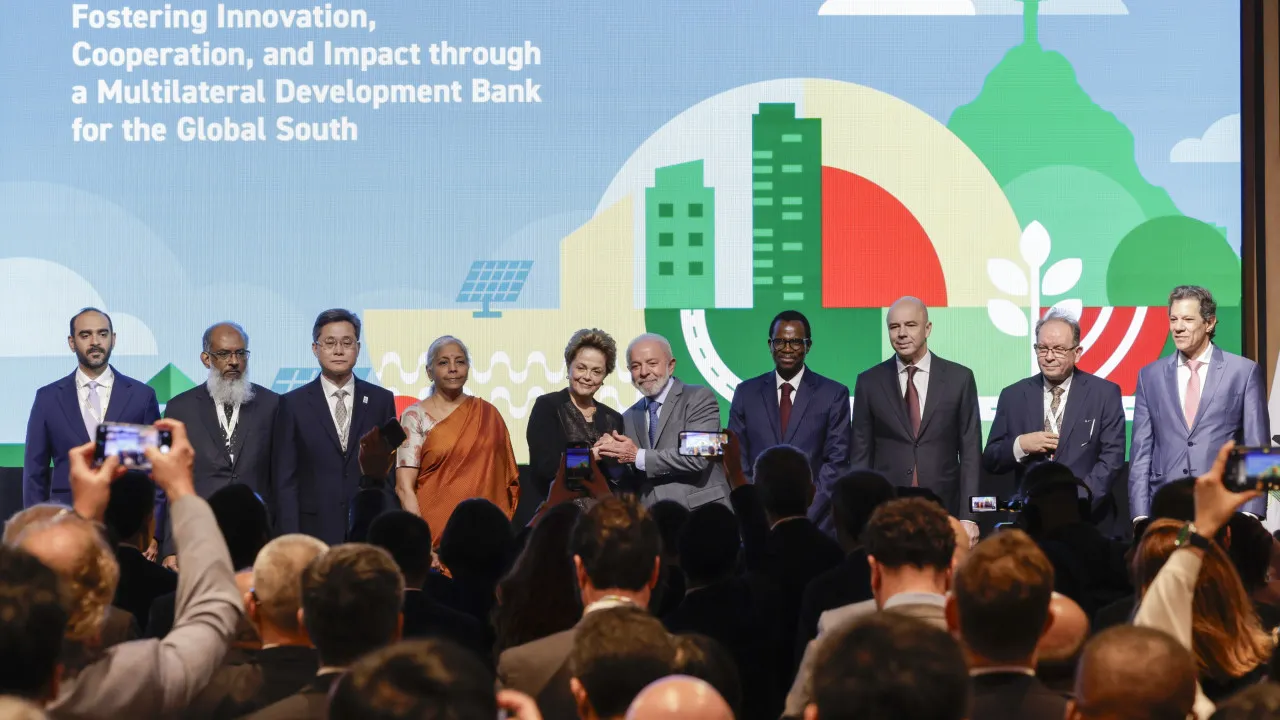The European Commissioner for the Economy stressed today that Portugal has had “very good results” at the economic level and said he hoped this would “continue”, despite the difficulties in Portugal forming a government, given Sunday’s legislative elections.
“We are always confident about the [Portuguese] government and we are not commenting on the results of the national elections. Portugal has done very well in recent years and I hope it continues to do so,” said Paolo Gentiloni, speaking to the press ahead of the Eurogroup meeting in Brussels.
The question was related to the warnings made today about the difficulties the country may face in implementing the Recovery and Resilience Plan (PRR), given the greater parliamentary fragmentation and the difficulties in forming a government.
Just today, the financial rating agency DBRS warned of the risk that a deadlocked parliament in Portugal and an unstable government could hinder the implementation of the PRR, and did not rule out new early elections.
In a commentary to which Lusa has had access, the financial rating agency points out that the election results of Sunday’s legislative elections suggest a complicated scenario for the governability and stability of the next government, since the center-right parties won the elections by a small margin.
The Democratic Alliance (AD) won Sunday’s legislative elections with 29.49% of the vote and 79 deputies, compared to the 28.66% and 77 deputies won by the PS, when the four seats in the emigration constituency are still to be allocated.
Chega quadrupled its number of deputies to 48, with 18.06% of the vote.
The IL won eight seats (5.08%), the BE kept its five seats (4.46%), and the CDU reduced its number of seats compared to 2022 to four (3.3%).
Livre will form a parliamentary group for the first time, having managed to reach four deputies (3.26%), while PAN remains with one deputy (1.93%).







